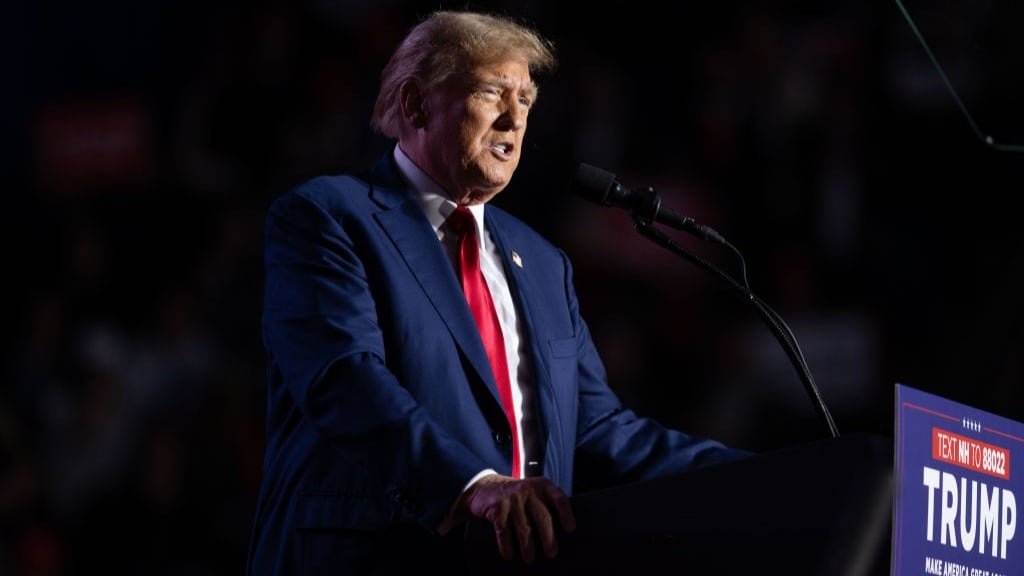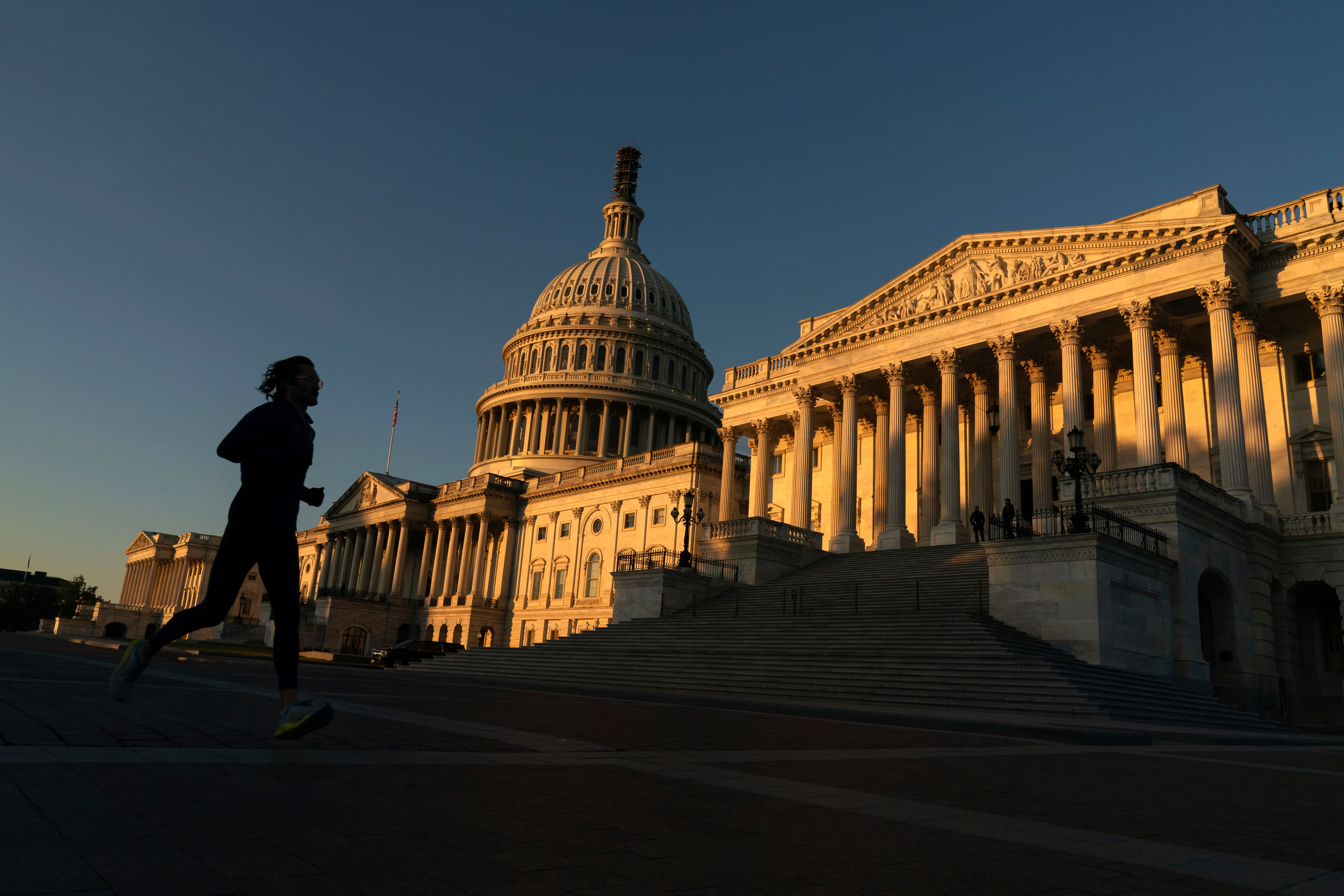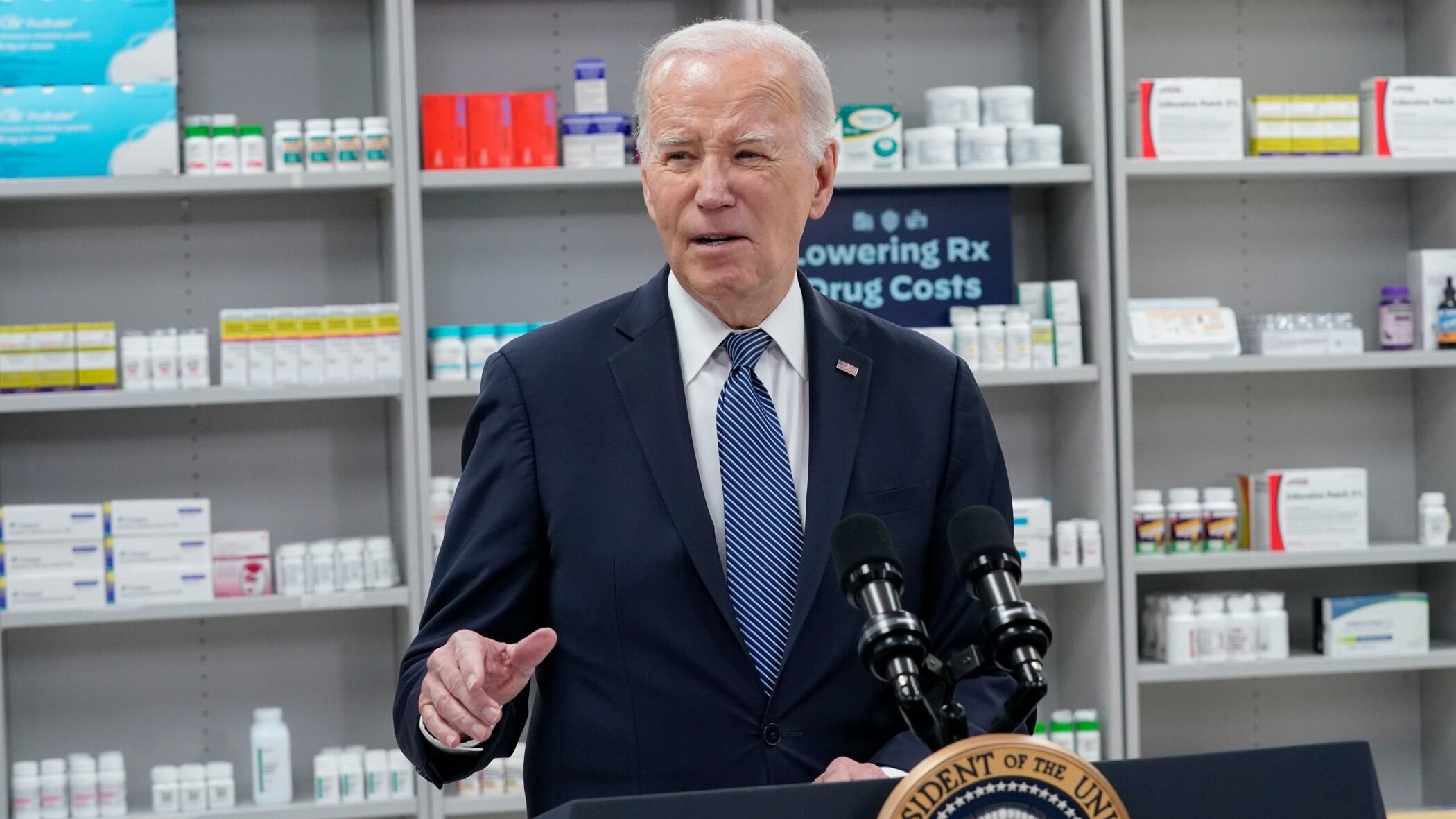*By Conor White* Women on both sides of the aisle may be enraged, but that anger is still sharply divided. Women are running for office in record numbers this year ー yet the outcome hasn't been the same for Republicans and Democrats, said author and political columnist Rebecca Traister. "Numbers of women running for Republican seats also went up ー\[but\] they didn't win their primaries at the rate that women and people of color on the Democratic side did," Traister said Tuesday in an interview on Cheddar. "Anger is very combustible force, it can kick political and social movements off the ground, but it can also blow up between allies," she said. Party aside, the numbers are still striking. 476 women ran in Democratic and Republican primaries for Congress, and there are still 323 races in which at least one woman is running. To Traister, the numbers are "unprecedented," but women's impulse to change their government has a historical basis. "Women are activated as door knockers, registering voters, volunteers with campaigns, and again as candidates in ways that are pretty unprecedented in recent decades," Traister said. But, she added, social movements "often started with women who were angry about injustice at the beginning and wanted to change something." Traister has called women's anger both "catalytic and "problematic," but she said it's "mostly potent from a political perspective" as the midterms loom. In the last month, women on the right have raised the decibel on their political voices, especially during Brett Kavanaugh's divisive Supreme Court confirmation hearings. Even in the face of Christine Blasey Ford's dramatic testimony, many Republican women believed the sexual assault allegations against the now-Justice were part of a political hit job ー and many among them expressed concerned that their husband or son could fall prey to similar and potentially unfounded claims. "That was an instance of white conservative women's anger being used by the right to send a particular message to the electorate," Traister said of the conservative response to the hearings. Traister, a National Magazine Award-winner, is the author of the new book "Good and Mad: The Revolutionary Power of Women's Anger," which examines progressive movements throughout history, from the abolition of slavery to women's suffrage, that started with women getting mad. The upcoming elections, at whatever level of government, are no different. "Many of those candidacies started in the anger of post-Trump," Traister said. "Women were so angry at Trump's presidential win that they were like, 'I'm going to go run for office,'" she said. "Good and Mad: The Revolutionary Power of Women's Anger" is on sale now. For full interview [click here](https://cheddar.com/videos/the-power-of-womens-anger).












